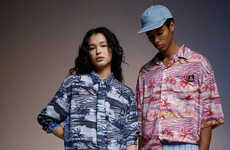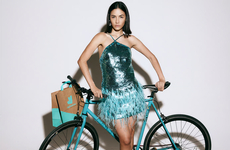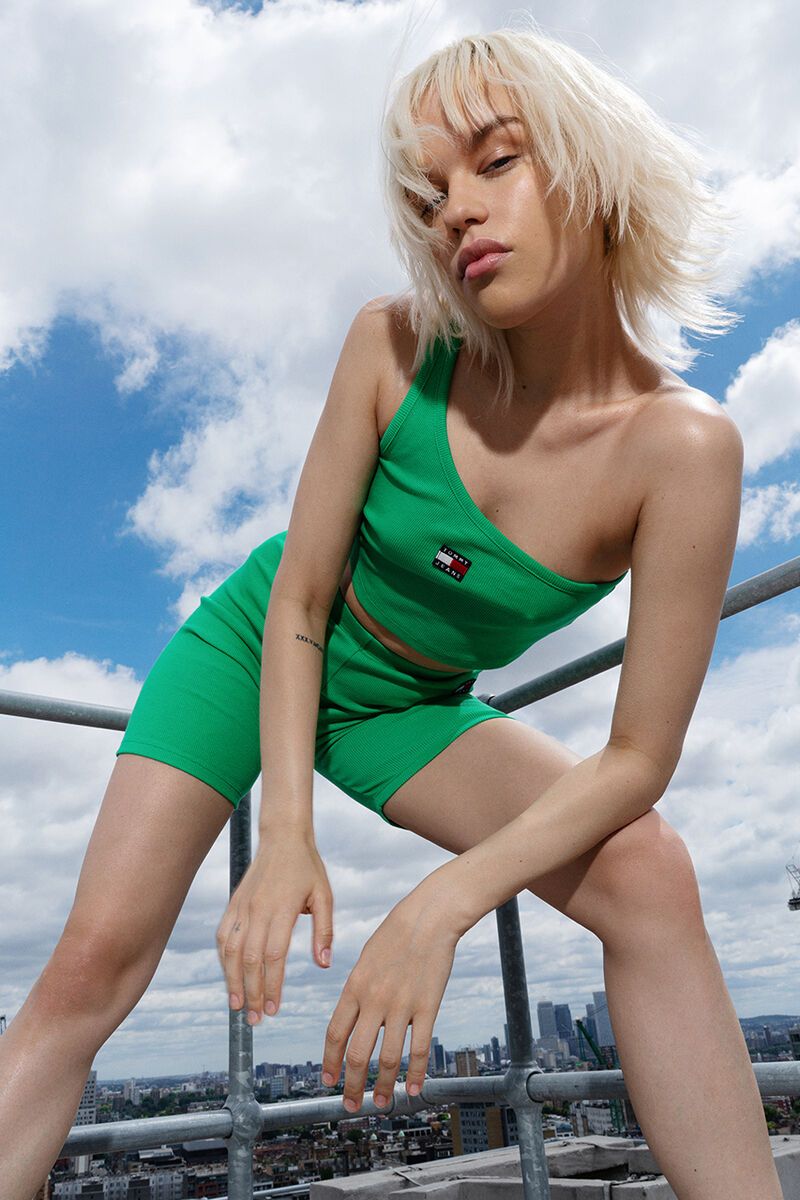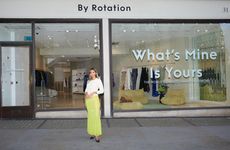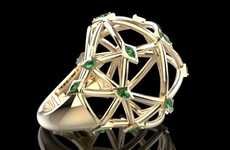
Tommy Hilfiger Launches Collaboration on Rotaro for Sustainable Fashion
References: global.tommy & hypebae
Tommy Hilfiger is partnering with Rotaro for a pilot program that allows users to rent iconic pieces from the brand’s portfolio. The six-month program offers users the ability to own various unisex pieces, from the likes of Tommy Jeans to old archive pieces from the Hilfiger name. The brand hopes to start a culture of fashion consumption through rental services, contributing to a more sustainable future.
The rental service will start with the ‘Pop Color’ collection, comprised of 17 pieces from the Tommy Jeans ‘Pop Drop,’ ‘Denim,’ and ‘TommyXRomeo’ capsules. The collaboration also contributes to the ‘Tommy For Life’ initiative, which aims to provide consumers with circular fashion resources by incorporating resale, rework, and trade-in culture into its core operations. The Tommy x Rotaro collection will be available to rent starting Jul 27, 2022.
Image Credit: Tommy Hilfiger
The rental service will start with the ‘Pop Color’ collection, comprised of 17 pieces from the Tommy Jeans ‘Pop Drop,’ ‘Denim,’ and ‘TommyXRomeo’ capsules. The collaboration also contributes to the ‘Tommy For Life’ initiative, which aims to provide consumers with circular fashion resources by incorporating resale, rework, and trade-in culture into its core operations. The Tommy x Rotaro collection will be available to rent starting Jul 27, 2022.
Image Credit: Tommy Hilfiger
Trend Themes
1. Fashion Rental Services - The rise of clothing rental services presents disruptive innovation opportunities in the fashion industry to embrace sustainable consumption and reuse models.
2. Circular Fashion Economy - The integration of a circular economy model into fashion, such as through rental services and trade-in culture, offers disruptive innovation opportunities to reduce textile waste and carbon footprint.
3. Luxury Collaborations - Collaborations between luxury fashion brands and rental services, like the Tommy x Rotaro partnership, offer disruptive innovation opportunities to merge sustainable fashion with high-end brand identity.
Industry Implications
1. Fashion Retail - Fashion retailers can explore disruptive innovation opportunities by exploring rental services and embracing circular economy models to meet evolving consumer demands for sustainable consumption.
2. Sustainability - The introduction of rental services and circular economy models into fashion presents disruptive innovation opportunities to promote environmental sustainability and reduce waste across industries.
3. Luxury Fashion - Luxury fashion companies can leverage disruptive innovation opportunities presented by rental services and partnerships to appeal to consumers seeking eco-friendly alternatives without compromising high-end brand identity.
6.7
Score
Popularity
Activity
Freshness


